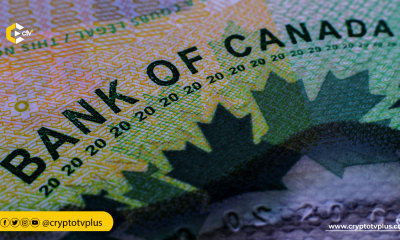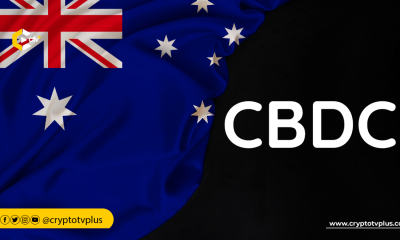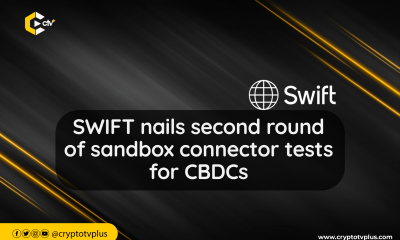News
Three tech firms join Bank of Spain for CBDC testing

The Bank of Spain has chosen three technology firms—Cecabank, Abanca, and Adhara Blockchain—as partners for testing its proposed central bank digital currency (CBDC).
Despite 24 companies applying, only three—Cecabank, Abanca, and Adhara Blockchain—were selected for the CBDC pilot program.
Exactly a year ago, the Bank of Spain, Banco de España, issued an open call for potential partners to test the feasibility of a central bank digital currency (CBDC). The bank has now announced the three companies that will collaborate with it in this effort.
The resolution, published on Jan. 3, officially confirms the partnership for the CBDC testing project. Over the next six months, Banco de España will conduct a pilot program for the wholesale CBDC, involving simulations of interbank payments, settlement using a tokenized wholesale CBDC, and the exchange of CBDCs issued by different central banks.
The program, conducted by Banco de España and the Cecabank-Abanca consortium, includes the simulation of tokenized bond settlement.
Notably, Adhara Blockchain is a UK-based company, while Cecabank and Abanca are in Spain. The Banco de España’s CBDC program is independent of the digital euro project, a proposed digital currency by the European Central Bank (ECB) for the eurozone.
In another development, the Spanish Ministry of Economic Affairs and Digital Transformation announced its plan to implement the EU’s Markets in Crypto-Assets Regulation (MiCA) six months ahead of schedule.
In October 2022, the Bank of Spain published “The Digital Euro: Nature and Uses” to inform citizens and stakeholders about the concept and uses of the digital euro.
While Spain actively prepares for the launch of the digital euro, its citizens show relatively little enthusiasm about the idea.
Despite Spain’s preparations for the digital euro launch, a survey indicates that 65% of Spanish respondents may not use it to complement their existing payment methods.
Read also: Celsius plans $470M Ether unstaking for creditors repayments

























1 Comment